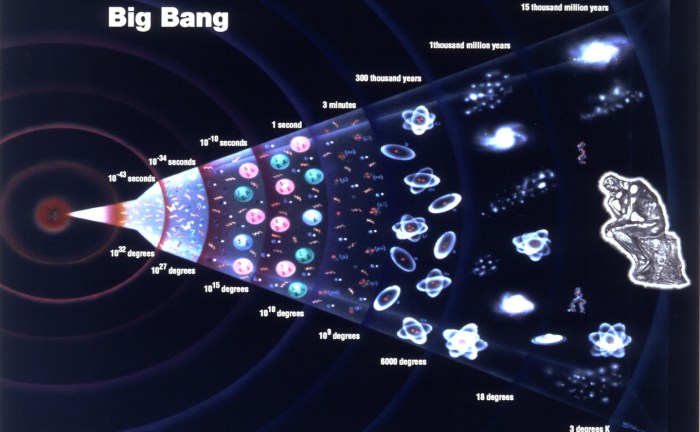beyond the beginning of everything? For centuries, humanity has grappled with questions about the origin of the universe. The Big Bang theory, a cornerstone of modern cosmology, tells us that roughly 13.8 billion years ago, our universe began as an unimaginably dense and hot singularity. But what was there before this monumental event? Did time even exist? Or is this question itself flawed? Let us embark on a dramatic journey to explore the scientific and philosophical theories about the mysterious “before.”
The Big Bang: The Beginning, or Just a Chapter?
The Big Bang is often considered the starting point of everything: matter, energy, space, and even time itself. According to this theory, the universe expanded from a state of near-infinite density into the vast cosmos we observe today. However, the Big Bang doesn’t explain the cause of this expansion or what, if anything, existed prior. Instead, it leaves us with an open door to speculate—and speculate we do.
Theoretical Perspectives on the “Before”
1. The Cosmic Singularity
The concept of the singularity—a point where all the universe’s mass and energy were concentrated—represents the “moment” before the Big Bang. But as we dive deeper, we encounter a paradox: the laws of physics as we know them break down in such conditions. The singularity is not a literal “thing” but a boundary where our understanding ends. Could this suggest that the universe has always existed in some form, compressed into an unimaginably small point?
Dramatic Thought: What if the singularity was not the beginning, but merely a transition?
2. The Cyclic Universe Theory
What if the universe is part of an eternal cycle of birth, death, and rebirth? According to this theory, the universe undergoes endless Big Bangs and Big Crunches. Over eons, the universe expands, contracts, and collapses into itself, triggering another Big Bang. This cyclical nature paints a dramatic picture of a cosmos that is forever regenerating.So Big bang instead of being start of where universe will end is just a point on a circle which will eventually be repeated.
Dramatic Thought: Imagine a phoenix, endlessly rising from its own ashes. Is the universe the ultimate phoenix?
3. The Multiverse Hypothesis
Our universe might not be alone. The multiverse hypothesis suggests that countless other universes exist, each with its own laws of physics and origins. In this context, the Big Bang might have been the result of a collision or interaction between parallel universes. Alternatively, it could be a random fluctuation within a grander multiverse.
Dramatic Thought: If the multiverse exists, then our universe is but a single ripple in an infinite ocean.
4. The Quantum Vacuum Fluctuation
Quantum mechanics introduces the idea that even “nothingness” is unstable. In a quantum vacuum, fluctuations of energy could create particles and, potentially, entire universes. This theory posits that the Big Bang might have emerged from one such fluctuation.
Dramatic Thought: In the void, where nothing existed, a spark of creation ignited everything.
Philosophical Interpretations
The scientific theories are awe-inspiring, but they also raise profound philosophical questions:
- If time itself began with the Big Bang, is the question “What was before?” even meaningful?
- Does the concept of causality apply to the origin of the universe?
- Could “before” the Big Bang exist in dimensions or frameworks beyond human comprehension?
These questions highlight the limits of human understanding. They force us to confront the possibility that some mysteries may remain unsolvable—at least for now.
Dramatic Thought: The beauty of the unknown lies not in finding answers, but in the relentless pursuit of them.
Why It Matters
Understanding what came before the Big Bang is not just an academic exercise. It pushes the boundaries of science, philosophy, and human imagination. It connects us to the deepest questions about our existence: Where do we come from? What is our place in the cosmos? And ultimately, what is the nature of reality?
By exploring these ideas, we embrace the very essence of what makes us human: our insatiable curiosity and our drive to seek answers in the infinite.
Conclusion
The mystery of what preceded the Big Bang remains unsolved, shrouded in the deepest layers of cosmic history. From singularities to multiverses, cyclic rebirths to quantum fluctuations, the possibilities are as vast as the universe itself. Perhaps, in the end, the question is not about what was there before, but about our relentless desire to seek what lies beyond.
The cosmos beckons, and the pursuit of its secrets is the ultimate adventure.


